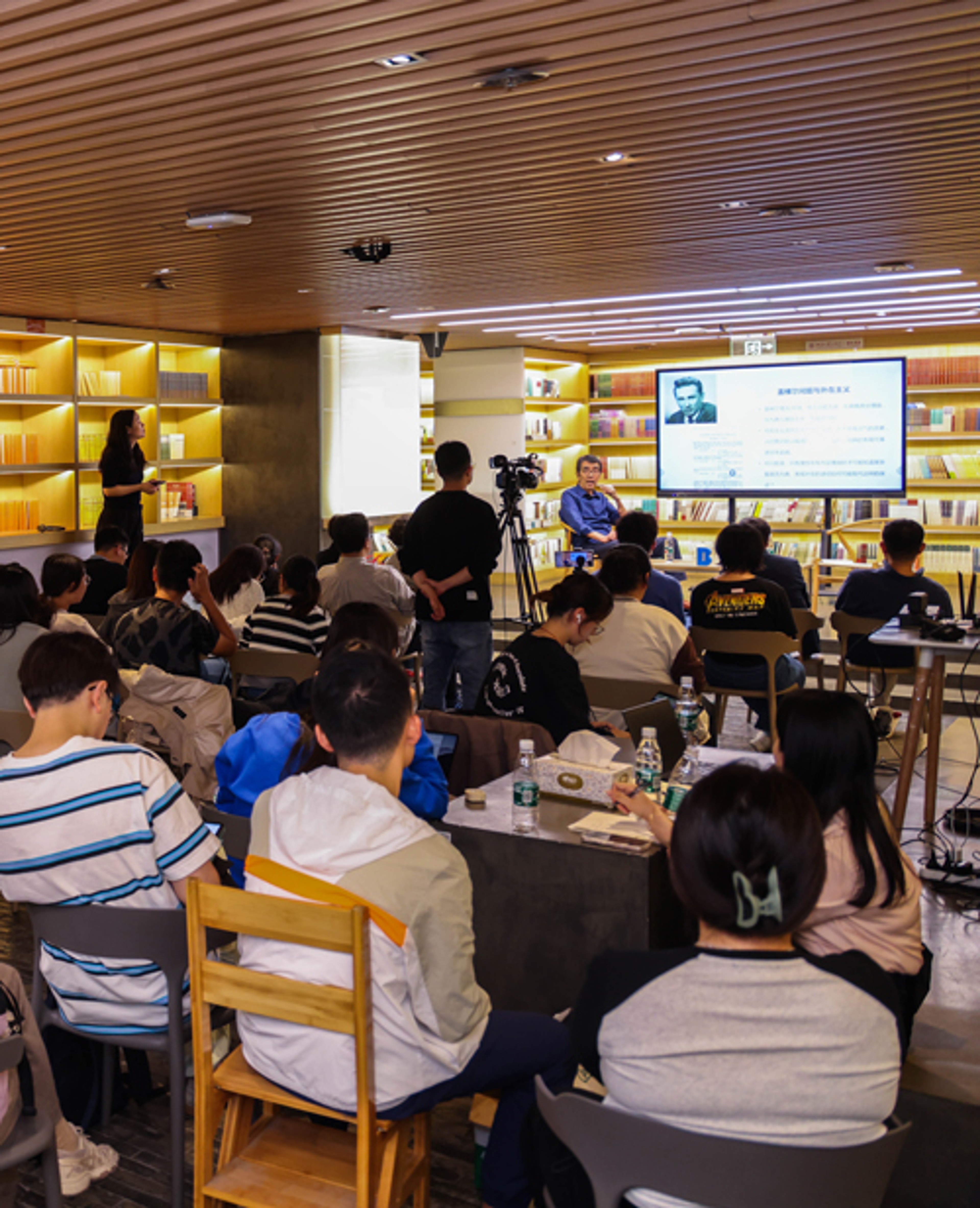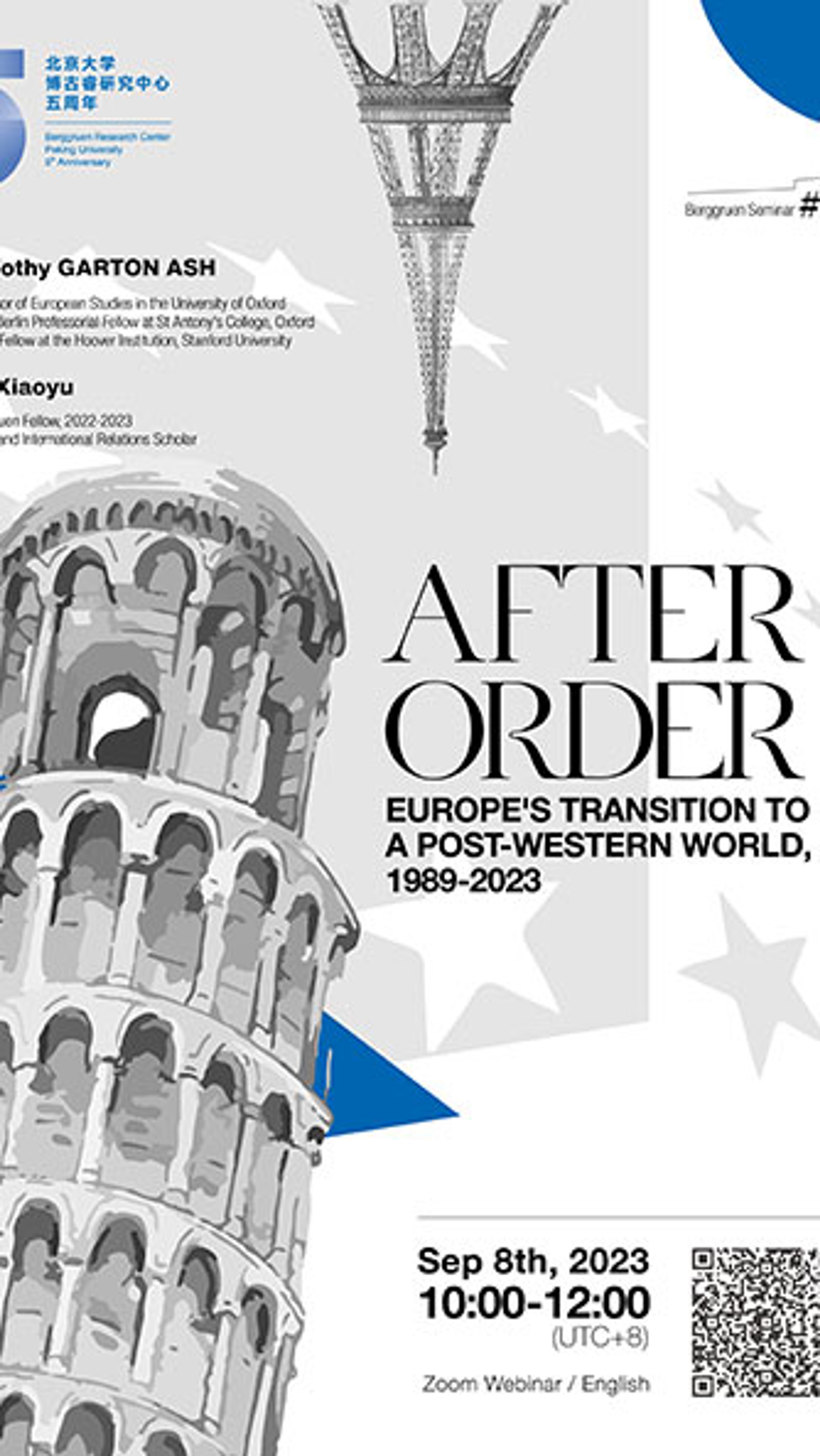Aristotle on Emotions and Emotion Proof

- Date: April 14, 2025
- Location: All Sages Bookstore, Beijing
This lecture defends an account of how Aristotle thought arousing audience emotions could provide 'proof' of the orator's favoured conclusion. Aristotle's most extended treatment of the emotions comes from his Rhetoric. In his Rhetoric, he defends a view of the proper expertise in public speech-making according to which the entire focus of the expert orator is on providing their audience with 'proofs' of their favoured conclusions. But this in turn generates a further concern about the propriety of using emotion-arousal persuasively: how should the expert orator ensure that emotions do not fix the audience's attention on particular objects in ways that outstrip their evidential significance in relation to the question under discussion (in a lawcourt or political assembly)?

Speaker
Jamie Dow
Associate Professor and Director, Research & Innovation at the Inter-Disciplinary Ethics Applied (IDEA) Centre, Leeds University
Director of Internationalisation, School of PRHS, Leeds University
Jamie Dow's research primarily focuses on Ancient Philosophy, with a particular interest in Applied Ethics, especially in the areas of Persuasion and the Emotions. He also serves as the principal investigator for the 'Leading Minds' research project, which explores the Ethics of Persuasive Leadership at the IDEA Centre. He is widely regarded as one of the most influential scholars in the field of Aristotle studies, particularly in the area of Rhetoric. He has published extensively in numerous leading academic journals, with a notable contribution being his 2015 book Passions and Persuasion in Aristotle's Rhetoric (Oxford Aristotle Studies). Currently, he is working on a new book, tentatively titled Aristotle on Right Rhetoric: Aristotle’s Blueprint for an Expertise in Public Persuasion Worth Cultivating.

Moderator
CHENG Wei
Associate Professor, Department of Philosophy and Religious Studies, Peking University
2024—2025 Berggruen Fellow
Wei Cheng received his Ph.D. from the Humboldt University in Berlin and is currently a (tenured) Associate Professor in the Department of Philosophy at Peking University. His research interests include Plato, Aristotle, the Old Academy, and the ancient commentary tradition, as well as modern German philosophy (early Romanticism, Nietzsche, etc.), contemporary philosophy of mind, and moral psychology. Outside of philosophy, he is also interested in ancient Greek tragedy, the interaction of medicine and philosophy in antiquity, and the history of classical scholarship (for more information, see his homepage).



















